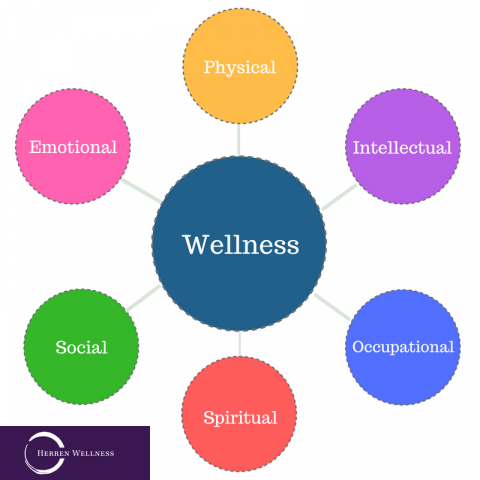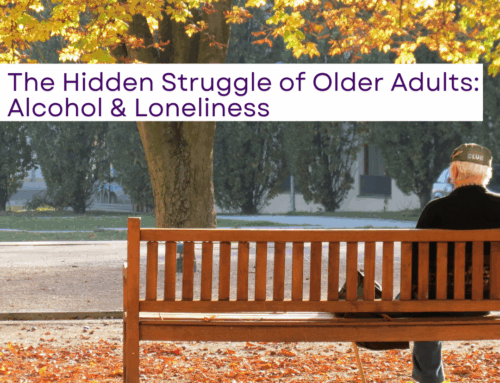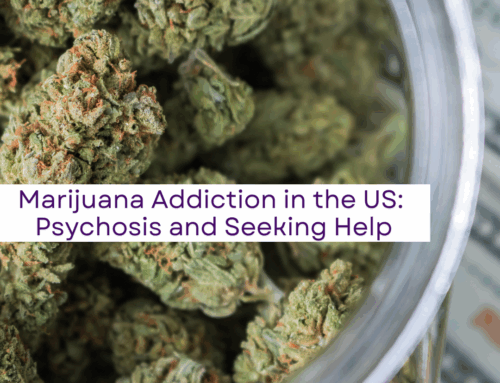The numbers speak for themselves: nearly 9 million people have what is known as a “co-occurring disorder”, meaning both mental health and substance use disorders, according to the Substance Abuse and Mental Health Services Administration. Despite these overwhelming numbers, only 7 percent of individuals receive treatment for both conditions, and nearly 60% receive no treatment at all.
Causes of Co-Occurring Disorders:

Many people with substance use disorder also have mental health conditions as well. While one condition does not cause the other, one can exacerbate the symptoms of the other. It is very common for people to self-medicate mental health conditions with substances like drugs or alcohol. Conversely, drugs and alcohol can cause mental health distress, like depression and anxiety, or worsen existing mental health conditions. They are, essentially, two sides of one coin: treating one without treating the other is not nearly as effective as treating both simultaneously.
Both mental and substance use disorders have psychological, biological and social elements, and both are chronic brain diseases. The changes that take place in the brain due to substance use are the same brain areas that are impacted by mental health conditions such as depression, anxiety, and bipolar disorder.
In addition to the biological roots of mental health and substance use disorders, both have genetic roots (it is estimated that between 40-60% of a person’s vulnerability to addiction can be linked to genetics) and are common with trauma and PTSD.
Treatment must address both mental health and substance use issues in order for an individual to achieve effective, sustainable mental and physical wellbeing.
Treatment of Co-Occurring Disorders:
An integrated treatment approach works best with co-ocurring disorders. Integrated treatment means coordinating substance-abuse and mental health interventions, rather than treating each disorder separately and without consideration for the other. An integrated treatment approach helps in many ways, including the following:
- Identify and address all aspects of mental and physical wellbeing. Every person is complex, and treatment and recovery plans cannot rely on diagnoses alone. For example, if a person decides that the use of alcohol or drugs may be a problem, integrated treatment helps identify all physical, mental, and emotional obstacles to overall wellness and allows for a personalized recovery plan that addresses each aspect.
- Help in the understanding of how mental health and substance use are closely interwoven. Historically, treatment models for mental health and substance use have been separate. Someone struggling with anxiety and self-medicating with alcohol, for example, may seek therapeutic help for the anxiety symptoms without understanding (and subsequently revealing) how alcohol is becoming increasingly problematic. Conversely, someone struggling with alcohol may not realize an underlying anxiety disorder is creating a desire to self-medicate and seek treatment for substance use only to have anxiety cause relapse later on. An integrated treatment approach acknowledges that both need to be treated for the individual to fully recover.
- Blended aftercare plans beyond the treatment environment. Aftercare beyond residential treatment can successfully incorporate both mental health and substance use recovery plans. For example, someone leaving treatment for substance use would have a recovery plan in place to remain sober through traditional substance recovery programs like therapy, support groups, and 12-step meetings as well as treat mental health conditions though therapies like cognitive behavior therapy (CBT) and dialectical behavior therapy (DBT).
How Herren Wellness Can Help
We know that recovery, from anything, is so much more than ceasing maladaptive behaviors. Recovery is about uncovering the life experiences, behavioral and mental health conditions, personal relationships and/or external influences that lead people to substance use and other behaviors that aren’t serving them.
We provide integrated treatment that addresses all aspects of an individual’s well-being, including mental, emotional, physical, and spiritual health. We provide nutritional, physical fitness, mindfulness, meditation, yoga and other therapies in addition to substance use and mental health treatment.
At Herren Wellness we guide our guests through a process of self-discovery, helping them uncover why they are turning to unhealthy behaviors or substances, and give them the sustainable tools they need to live healthy, whole, authentic, and substance-free lives. We focus on our guests’ strengths and what works for them as individuals who are so more than their current struggles.





